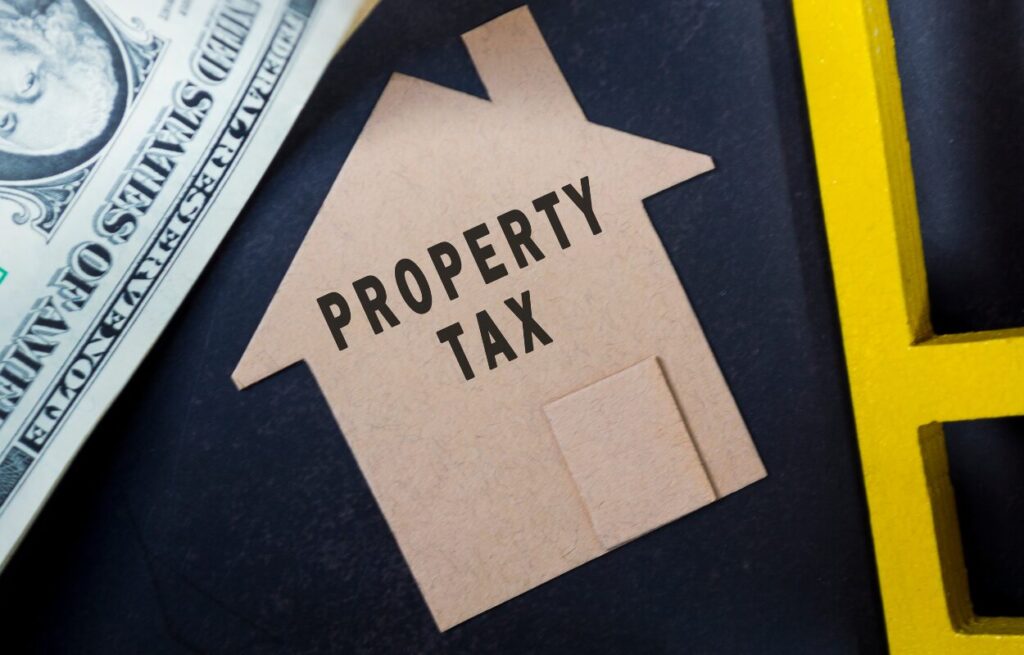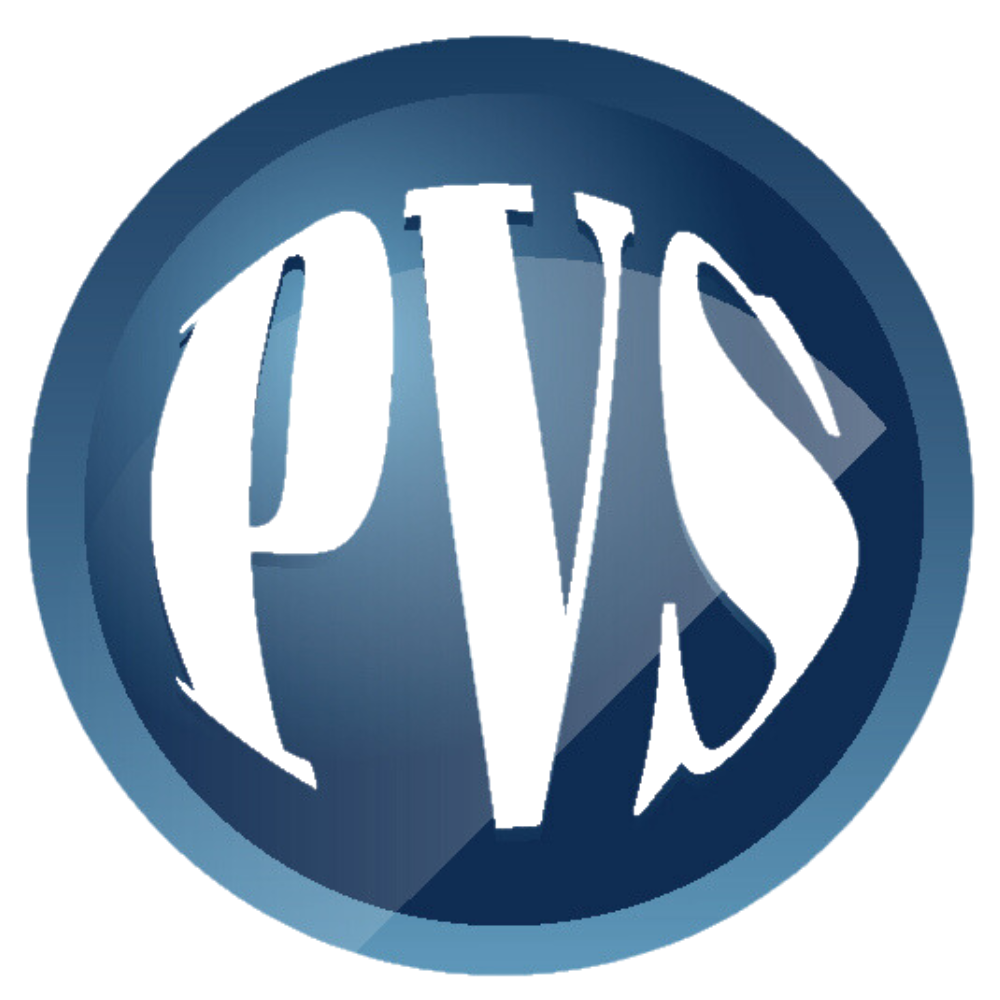Property Tax Protest & Appeal for Commercial Real Estate
Accurate property tax assessment I Hassle-free appeal application I Reduced property taxes
Don’t assume that the property assessment of your commercial real estate (CRE) or business personal property (BPP) taxes is always accurate. Computer-generated values with minimal information or based on inaccurate depreciation tables could result in significantly higher property taxes.

What is a property tax appeal?
A property tax appeal or protest is a formal process by which property owners can challenge the assessed market value of a property for tax bill purposes. County assessors determine the value of your property within their jurisdiction, and tax commissioners calculate the property’s taxable value accordingly.
However, there may be instances where property owners believe that there’s a compelling case of inaccurate or unfairly high assessment of the property’s value, leading them to file an appeal.
Throughout the United States, the assessment appeal process is referred to in various manners, including property tax appeals, protests, abatements, petitions and more. Regardless of the name, the goal is to reduce the property’s tax assessment and save valuable property tax dollars for your bottom line.

Why hire a firm for a property tax protest?
When you file an appeal, the burden of proof is on you. So, gathering all relevant documentation and evidence to support your case is crucial. Managing this process can be complex and demanding.
Property Valuation Services is your ideal partner for a hassle-free property tax protest:
- We understand the complexities of the BPP and CRE property tax protest processes.
- We have a proven track record of successfully producing reductions.
- Our team of nearly 100 dedicated professionals is led by experienced property tax consultants and backed by a Member of the Appraisal Institute (MAI) and the American Society of Appraisers (ASA).
- We serve more than 800 clients annually with nearly 40,000 property tax parcels across all 50 states.
- PVS is fully automated and committed to staying at the forefront of technology to provide efficient and accurate services.

What is the property tax appeal process?
Review Assessment Notice
Review the assessment notice sent by the tax assessor’s office — pay attention to the assessed value of your property, the appeal deadline and other relevant information.
Gather Supporting Evidence
Gather specific supporting evidence to strengthen the basis of your case, including recent sales of comparable properties, appraisal reports, photographs showing property condition and other relevant documents.
Complete Appeal Forms
Get protest forms from your local assessment appeals board or website. Complete the forms accurately and provide supporting documents.
Submit Protest
Submit your completed protest forms and supporting documentation within the specified deadline.
Attend the scheduled hearing date (if applicable)
Your protest may be reviewed at a formal appeal hearing. Prepare your arguments, organize your evidence and articulate why your assessed value should be adjusted.
PVS specializes in property tax appeal services, and our most important role is handling property tax protests for thousands of taxpayers across the country.
For decades, PVS’ property tax experts have been cultivating and implementing valuation methodologies (sales comparison, income and market approaches), developing relationships with assessors nationwide and working to reduce our clients’ high property tax liability.
Case Studies
These detailed case studies of our successful property tax appeal services demonstrate how our expert team navigated the complexities of property tax assessments to secure fair property valuations and substantial property tax savings for our clients.

We secured a national hospital operator $690,000 in commercial real estate property tax savings.
A national hospital operator recently constructed a brand new building in place of an older facility. Upon opening, the old facility was vacated except for a minor amount of space for office use. The old hospital was functionally obsolete, having arrived at the end of its economic life as an acute health care facility. Local assessors maintained the same value on the former hospital even after it was vacated and no longer operational. As a result, PVS worked to revalue the former hospital facility by quantifying functional obsolescence.
Our property tax experts appealed and reduced the market value by $19M for the facility each year since its opening.
In 2018, an assisted living facility was constructed in Michigan, opening shortly before the global pandemic. The facility faced issues filling the facility and paying expenses due to the worldwide pandemic. The property tax experts at PVS helped quantify this external obsolescence to calculate the true market value of the facility, given the circumstances of the pandemic.
Commercial Real Estate Property Tax Appeal
National Hospital Operator
PVS successfully secured a $690,000 commercial real estate property tax saving for a national hospital operator by addressing the overvaluation of a vacated, functionally obsolete hospital facility.
Despite local assessors initially maintaining the full value of the old facility even after its cessation as an acute care center, PVS’ commercial property tax specialists managed to revalue it by quantifying its functional obsolescence.
Assisted Living Facility
Our commercial real estate property tax specialists successfully appealed and reduced the market value of a Michigan assisted living facility by $19 million annually since its opening in 2018.
Due to the pandemic, the facility faced occupancy and financial sustainability challenges, leading PVS experts to quantify its external obsolescence and adjust its market value accordingly.

Business Personal Property Tax Appeal
Hospital in Texas
PVS secured $34,000 in property tax savings for a client after filing a Texas property tax appeal and appearing before the appraisal review board.
Health Care System
PVS filed the business personal property tax renditions using their in-house property tax savings methodologies. The proposed values from the Appraisal District were appealed and resolved through mediation.
We achieved a property tax savings of $1,000,594 for one of our clients.
Reduce Your Property Tax Today with PVS
Property Valuation Services offers specialized appeal services for business personal property (BPP) and commercial real estate property tax (CRE).
Our team ensures an accurate property tax assessment, manages the hassle-free appeal application process and aims to reduce your property taxes effectively.
With extensive experience in leveraging the complexities of the property tax system, we empower you with the necessary tools and knowledge to secure substantial financial benefits.
Don’t let inaccuracies in property assessments impact your financial health.
Contact us today to discuss how we can identify appeal opportunities and enhance your peace of mind through our professional property tax appeal services.
Whether you’re dealing with CRE or BPP, our team is ready to help you manage the property tax reduction process effectively.
Get A Consultation
"*" indicates required fields
